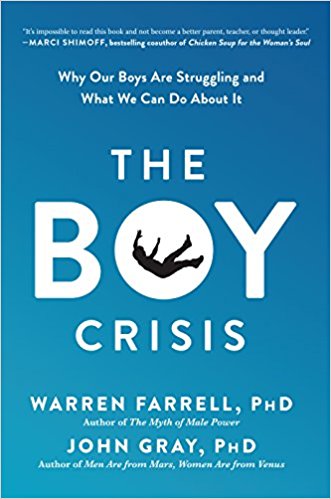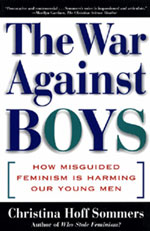![]()
Quebec's parents have lost the freedom to choose religious education
OPINION SECTION, by JOHN CARPAY, The Globe and Mail, Canada's largest national daily newspaper, May 11, 2009
At a trial that starts today in Drummondville, Quebec's Superior Court will be asked to decide who has ultimate authority over the education of children: their parents or the state.
Last September, Quebec's new "Ethics and Religious Culture" (ERC) course became mandatory for all elementary and secondary schools in the province, including private Catholic, Jewish and Evangelical schools.
The provincial Education Ministry has steadfastly insisted that no child or school may be exempted from the new course, even if a school offers to teach the same contents as the ERC course but present the contents in a different manner.
Before the ERC course became mandatory, Quebec's parents could choose to enroll their children in Catholic, Protestant, or non-religious moral instruction. In spite of record-low church attendance in Quebec, most parents chose Catholic or Protestant religious instruction for their children, with only a minority opting for non-religious moral education.
Having lost their freedom of choice, parents are now going to court to assert their freedom of religion and conscience, protected by both the Canadian and Quebec charters. Parents also point to Article 26 of the Universal Declaration of Human Rights, which affirms the prior right of parents to choose the kind of education that shall be given to their children. These parents object to a course which, in their view, denigrates and trivializes religions by portraying all of them as mere folklore.
Parents challenging the ERC course also disagree with the very young age at which students are introduced to a multitude of faiths; they want their children to learn about other religions after they have acquired a deep and comprehensive knowledge of their own.
According to McGill University professor Douglas Farrow, the ERC course teaches a state religion of "normative pluralism," conveying the message that religious faith is okay as long as you don't take it seriously. Paul Donovan, principal of Loyola High School in Montreal, which has launched a separate court challenge to the course, argues that ERC provides a nebulous framework for teaching children to distinguish between right and wrong.
Many Quebec parents say the course is inherently anti-religious: By providing superficial and very limited information about various faiths, without the necessary context and depth, the ERC course prevents children from acquiring a solid and accurate understanding of any faith.
Former Parti Québécois cabinet minister Jacques Brassard accuses ERC of undermining Quebec's Judeo-Christian heritage, "as though being tolerant of a different person requires rejecting one's own identity." Denouncing the "pretentious arrogance of progressive intellectuals," the retired politician points to "aboriginal spirituality" making up 20 per cent of the curriculum content when less than a fraction of 1 per cent of Quebec's population identifies with this religion.
In April, several thousand members of the Coalition pour la Liberté en Éducation marched through the streets of Drummondville in support of the parents' court challenge. Nevertheless, these parents face an uphill battle in Quebec's secular society. Premier Jean Charest asserts that the ERC course reflects "common values" and is based on a popular consensus in support of inclusion and tolerance.
In the same way that atheist, agnostic or other secular parents would abhor the imposition of a particular religious curriculum on their children, Quebec's religious parents abhor the state-imposed ERC relativism, which they believe undermines what they are teaching their children at home.
Mr. Charest's assertion that the ERC course reflects Quebec's popular and secular consensus may well be true, but that is not the issue before the court. The issue before the court is whether parents have ultimate authority over their children's education, or whether the state can forcibly impose on children the teaching of doctrines to which parents object. The court's answer to this question will have Canada-wide implications.
John Carpay is a lawyer and executive director of the Canadian Constitution Foundation, which is assisting the Quebec parents with their constitutional court challenge





